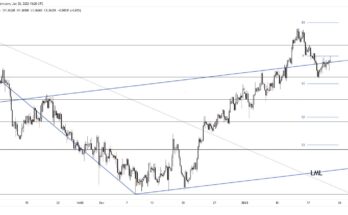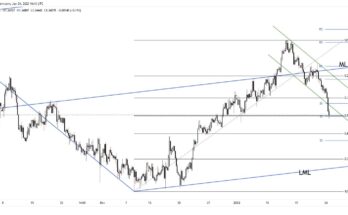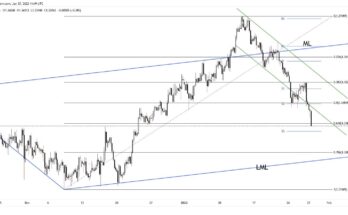The Euro’s opening gap lower at the start of the Asian session is steadily being filled, with around half done so far. At the lows, the euro was 1.9% lower vs. Friday’s closing levels, but currently funds itself around 0.8% weaker vs. the dollar. You can find more on the weekend developments and the implications in our blog (“The single currency is to blameâ€). The situation is that the Greek financial system is half-frozen, with the stock market closed, together with banks. For the following week, until the proposed Greek referendum next weekend, the story is going to be elsewhere and the degree to which contagion is spreading. This morning, we’ve naturally seen yields on Spanish and Italian debt move higher, the premium over German debt (where yields are lower) widening by some 35bp. This takes us to levels last seen late 2014. Naturally, a Greek exit from the Eurozone would put a permanent premium on these markets, given that the ECB had previously stated it would do “whatever it takes†to keep the euro together and the single currency was set-up without an exit door, which is now visible and opening for Greece.
The other factor bringing about a more risk averse tone to markets has been the further correction to Chinese stocks, now more than 20% below the peak made earlier this month. This comes despite the weekend rate cut from the People’s Bank of China, the 1-year lending rate cut to 4.85%, with the key required reserves ratio also cut by 50bp. The fact that both were adjusted simultaneously is a strong signal that the Bank are concerned both with the slowing growth picture but also the impact of the reversal of the stock market.
Against this environment, there is no surprise to see the yen has pushed ahead overnight against all the major currencies, USDJPY making new lows for the month at 122.11. Despite the recovery we’ve seen in the euro this morning, volatility is likely to remain on the high side this week, with a lot of uncertainties still remaining. The next hurdle, if you can call it that, is the Greek IMF payment of EUR 1.6bln due tomorrow, but there is very little sign hope for that being repaid in the current circumstances.
Further reading:
Euro’s opening gap
Greek exit from the Eurozone



